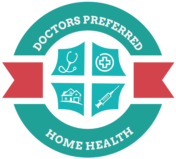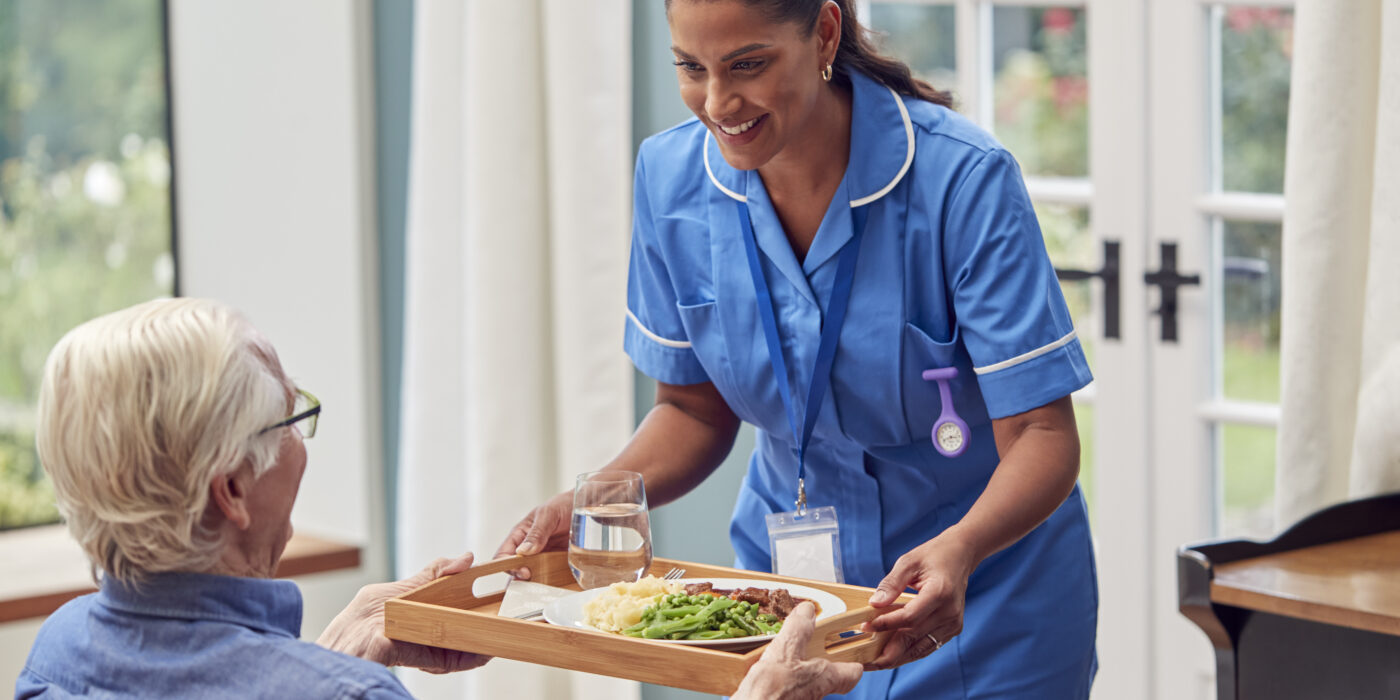Good Eating Practices for the Seniors
At every age, it is very important to incorporate a food of healthful items into daily meal planning. Healthy eating is essential for everyone, but it’s especially important for older adults who are more likely to experience chronic health problems and changes in muscle mass and bone density. While limiting calories and avoiding weight gain is healthy, there are many other benefits to eating a balanced diet. Brain function and mental health are favorably impacted in addition to the body’s systems being kept in check by the essential nutrients provided.
The United States Department of Agriculture (USDA) has released Dietary Guidelines for Americans, a comprehensive guide to healthy eating for people of all ages. Continue reading for helpful advice on how older citizens can incorporate nutritious eating habits into their everyday routines.
Include a Wide Range of Food Groups in Meal Preparations
Vegetables, fruits, grains, proteins, and dairy or soy substitutes are all essential components of a well-rounded diet. The vitamins and minerals required to maintain proper body functioning can be found in the combinations of foods that comprise each food category.
Select Healthy Snacks
Two healthy snacks a day is beneficial for many seniors because it helps maintain stable blood sugar levels between meals, stop them from overeating, and keep their energy levels up. An excellent method to incorporate healthy food into daily life is to snack on fruits and vegetables rather than store-bought, processed meals high in added sugar, fats, and salt. In between meals, you can fuel yourself with any of these healthy snack options:
- Vegan hummus and raw vegetables: Pair your choice of carrot, celery, or cucumber sticks with any of the many available varieties of hummus.
- Citrus fruits: Citrus fruits like oranges, tangerines, and grapefruits, are high in vitamin C and antioxidants, making them an excellent choice for boosting your immune system and warding off illness.
- Unsalted nuts: like almonds, cashews, walnuts, and pistachios, are a fantastic, no-fuss, heart-healthy alternative.
- Cottage cheese: Get your protein and calcium needs met with this delicious spread, which goes well with whole grain crackers and a dollop of jam or some fresh berries for an extra satisfying and flavorful meal.
Stay Hydrated
Elderly adults may get dehydrated even when the weather is mild because they may fail to recognize their own thirst. Caregivers must ensure that the adults in their charge consume the recommended amount of fluids each day: eight 8-ounce glasses of water. Sugary drinks should be avoided, but seniors can stay hydrated with natural juices, tea, soup, or even water-rich fruits and vegetables like watermelon and cucumbers.
Get Away from Unhealthy Foods
This may seem like a redundant statement of the obvious, but it’s crucial to highlight the items that have a bad impact on health. Even if they can be more affordable, more fun, or handier at times, the following should be avoided at all costs, especially by the elderly:
- Alcohol
- Mercury
- Refined carbs
- Avoiding Trans Fats
Get in touch with us now to find out more about the compassionate and skilled personal caregivers, RNs, and home health aides who work with your family. It is our pleasure to help you and your loved ones. Don’t hesitate to contact us at 888 447 0407 if you have any inquiries.


